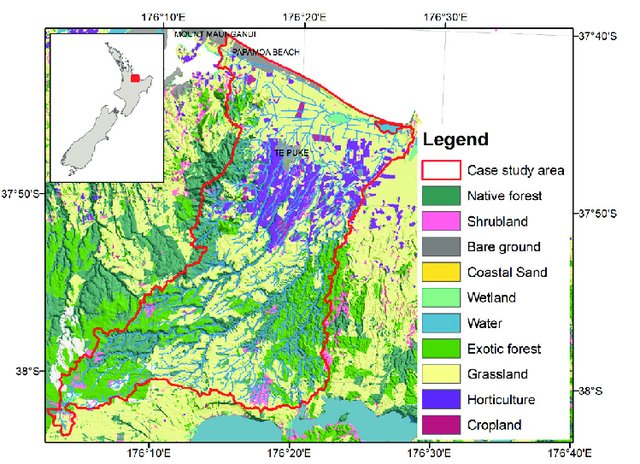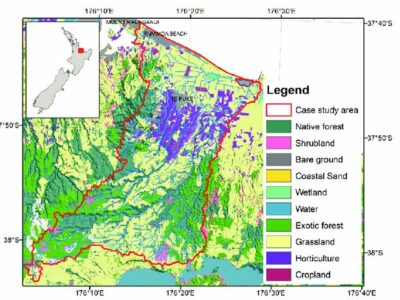This case study presents the results of one of five case studies from the CCII project, the lowland case study. It was established to explore climate change impacts on primary productivity, the resulting land use changes and social impacts and changes in ecosystem services. Scenarios were built using the SPA (shared policy assumptions), SSP (shared socio-economic pathways) and RCP (representative concentration pathways) framework with the aim to downscale global pathways to local scale, mixing quantitative and qualitative information.
The scenarios were made in: 2016
The scenarios look out to:

